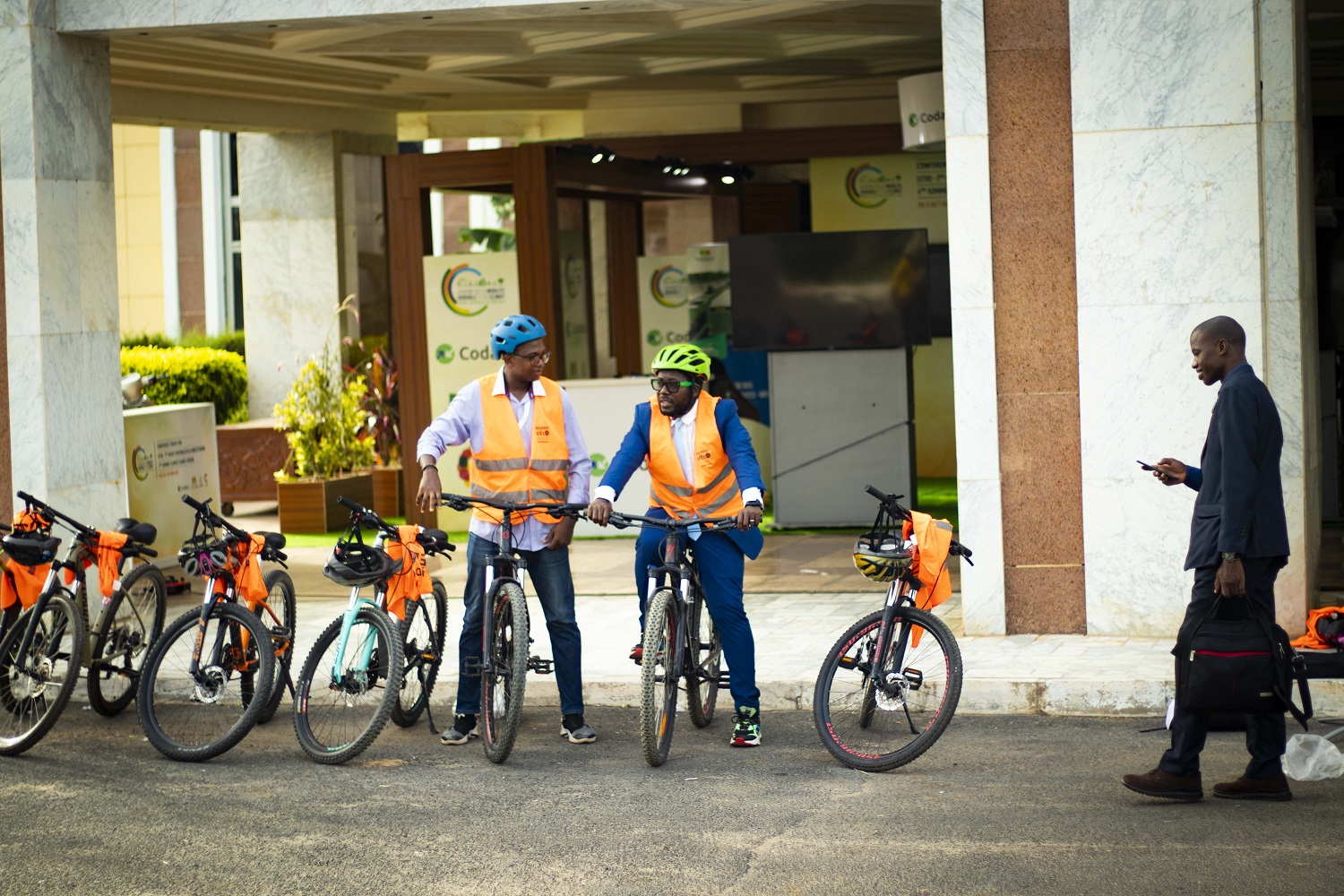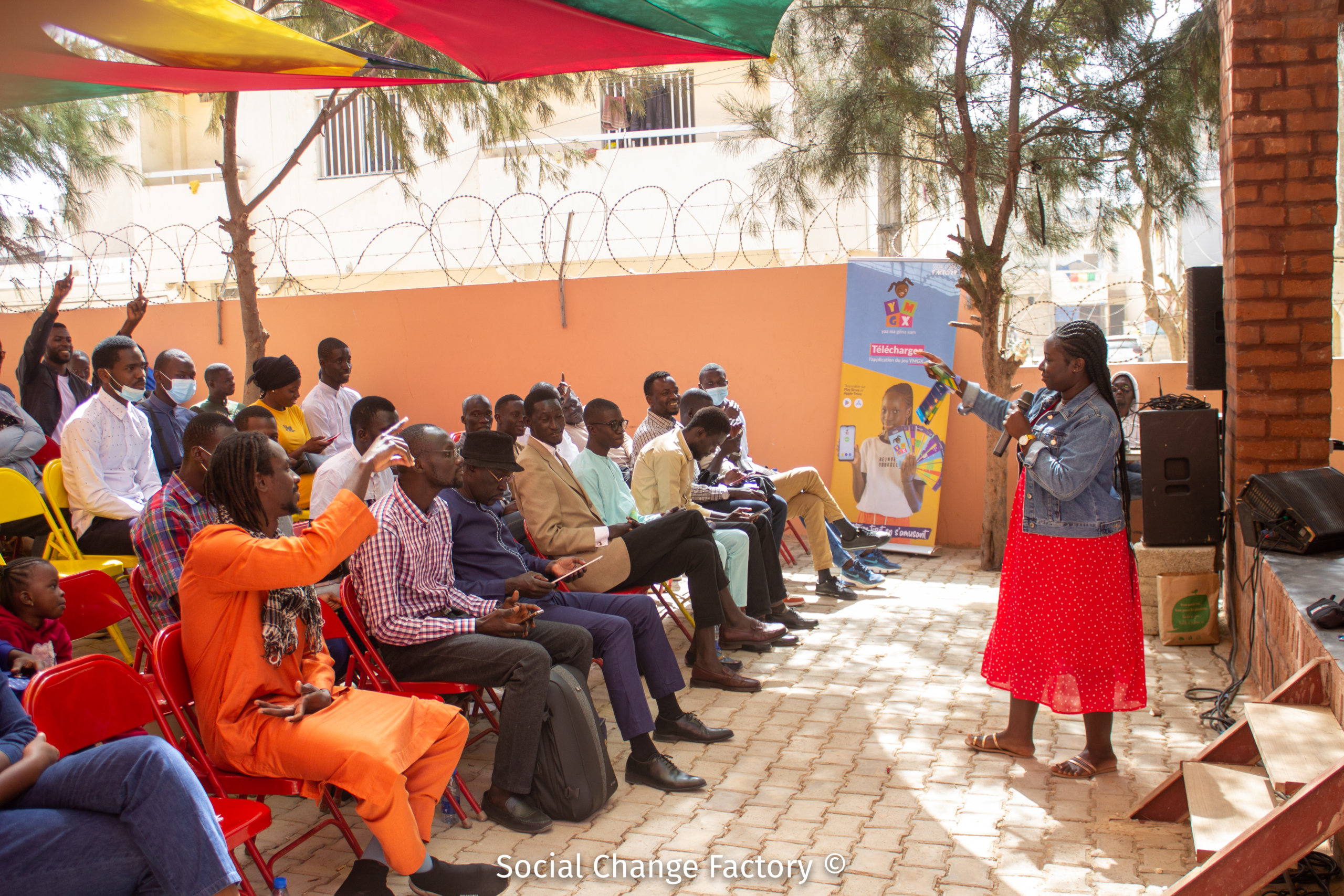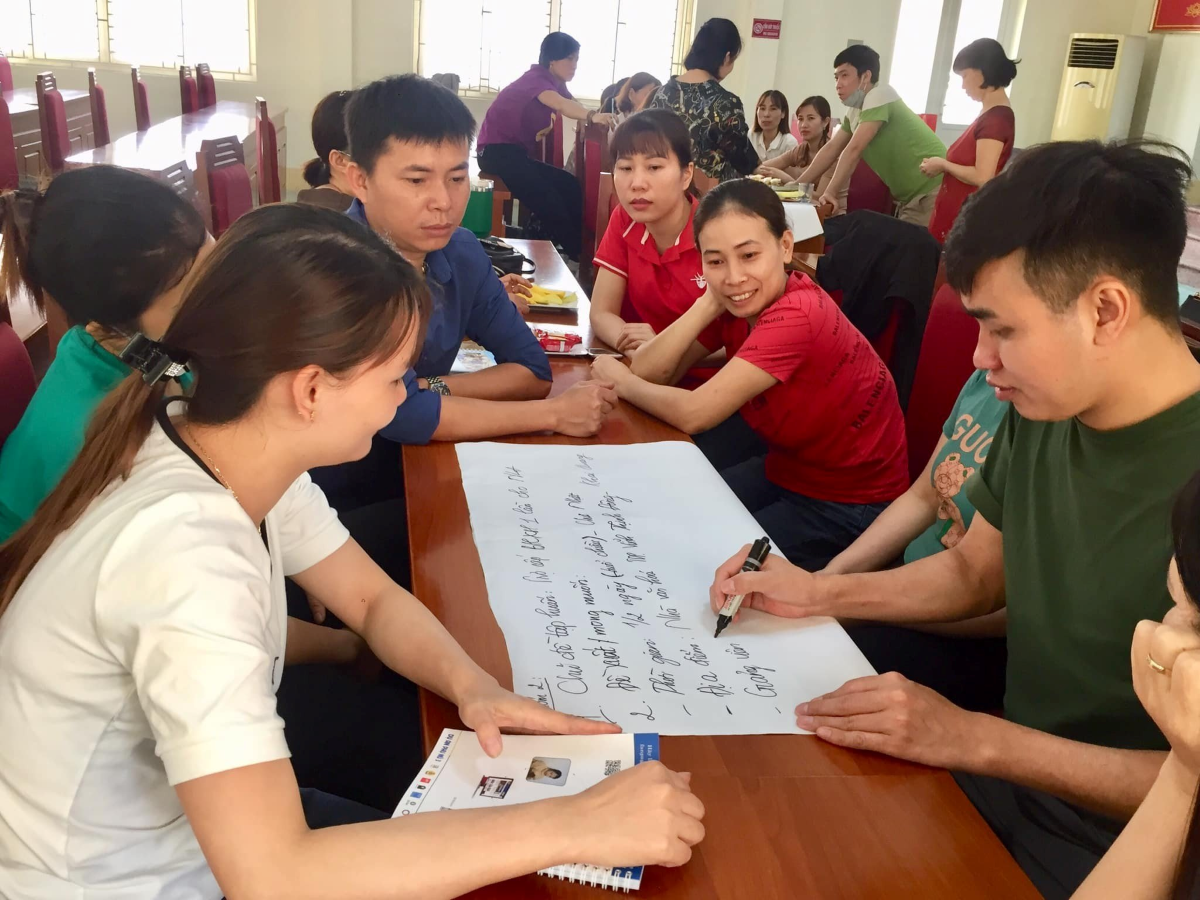As part of the Sustainable mobility and climate week (Dakar, 3-7 October 2022), GRET was invited to share the pilot actions it is conducting in the areas of integrated flood-risk management, support for productive uses of solar energy in rural zones, and co-design of public spaces coordinated with transport infrastructures.
Solar energy
During the session on access to solar energy in Africa, GRET presented its pilot project on Productive uses of solar energy in Senegal, being conducted in partnership with the National renewable energies agency and supported by German development cooperation. The idea was to share the results of this action, which supported 16 local groups and businesses to “solarise” their economic activity and strengthen their company management practices. Apart from the environmental benefits it brings, solar energy can be a notable economic driver for businesses, provided the support takes place over a sufficiently long timeline and in proximity.
Integrated flood-risk management
GRET’s partner Urbasen presented the findings of the project for integrated flood-risk management in the suburbs of Dakar (Ping-Giri), funded by Agence française de développement (AFD). Given intense episodes of flooding in the suburbs of Dakar, which are likely to worsen under the effects of climate change in the region, GRET and its partners tested innovative responses to flooding. Actions carried out in the field – development of flood-risk areas, installation of community facilities for management “per plot”, testing of new funding methods, early warning systems, training of local artisans, etc. – were presented during the “Water and adaptation” workshop.
Co-constructing the city
As part of the Pitch Corner, Urbamonde, GRET’s partner in the Dakar urban fabric initiative, shared the experience of this project, which is also supported by AFD. Methods for co-design of spaces with users and inhabitants were presented, highlighting the development of the transitory and participative public spaces created, in connection with major public transport infrastructures being developed (TER, BRT). Working in collaboration with the project owner, using land left over from these large-scale projects, procedures for upscaling and the importance of involving inhabitants in these local policies were discussed.
The Sustainable mobility and climate week in Dakar, co-organised by Cetud, Codatu and the Climate Chance association, was an opportunity for the community of African mobility and climate stakeholders (experts, NGOs, researchers, citizens, local elected representatives, institutional and financial stakeholders) to meet, share their experiences and discuss improvements that can be made in the actions implemented. The objective was also to prepare joint positions to be presented at COP 27.





